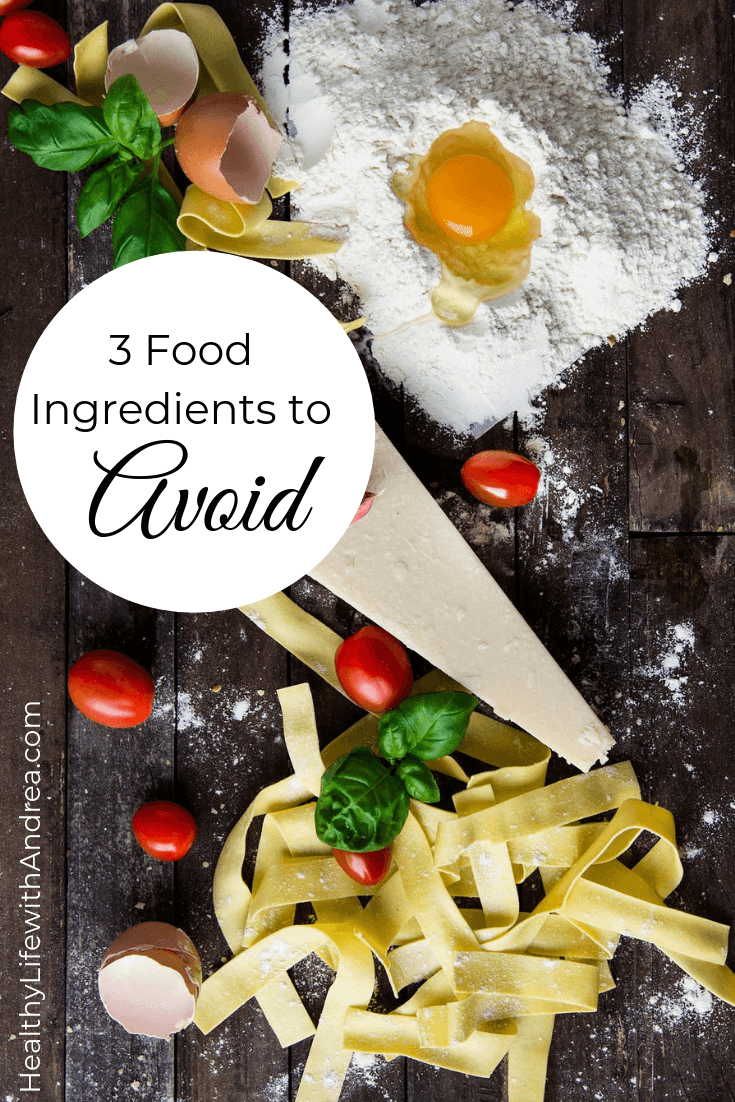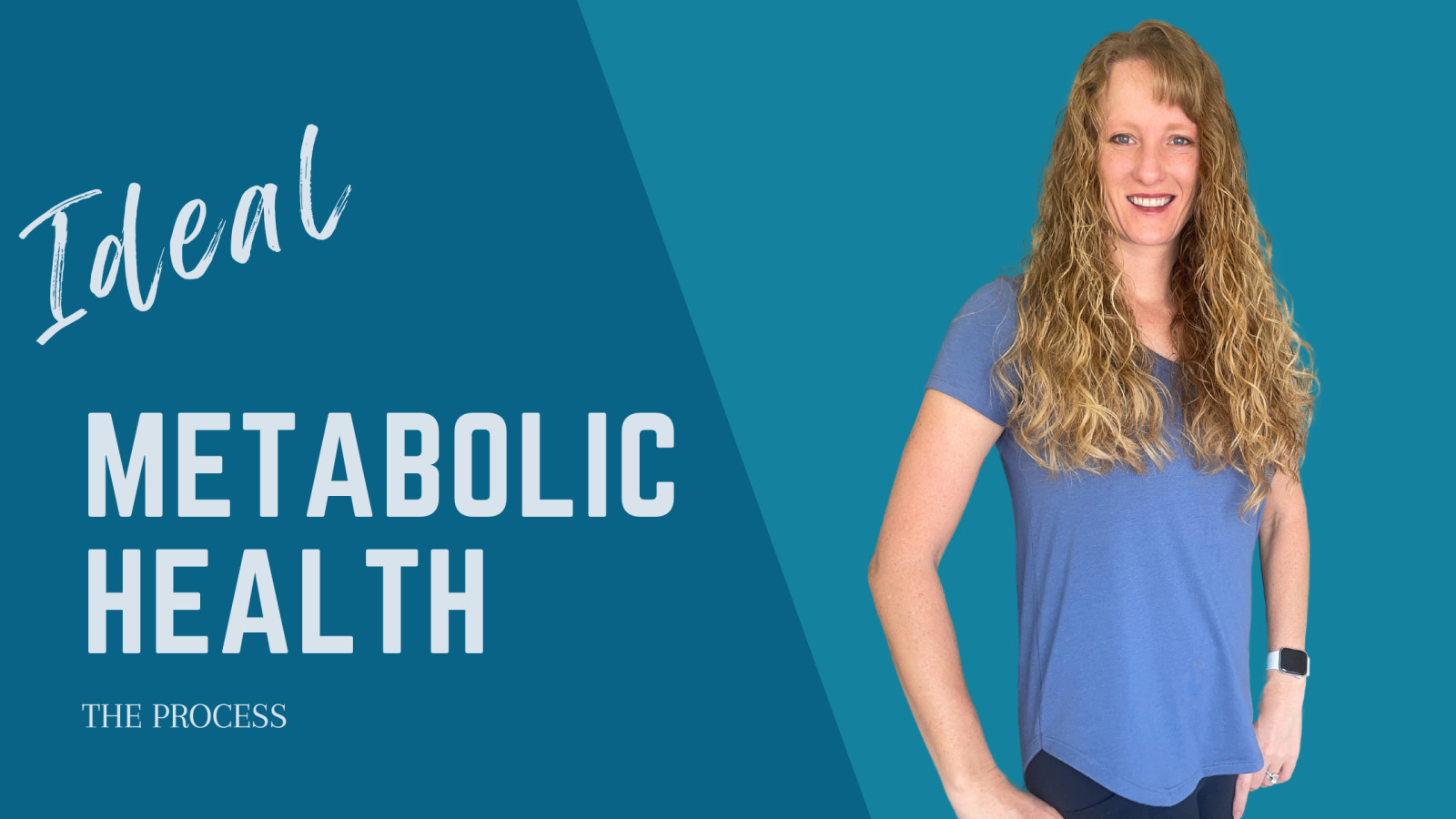
In general, I usually recommend to ADD foods to your nutrition plan, not avoid them. When we try to eliminate foods, we often feel deprived and cheated. When we add new foods to our diet, we end up naturally eliminating some other foods. The more clean, healthy foods you can add to your diet, the less room you’ll have for junk. And you’ll notice how bad those junk foods make you feel.
There are truly some foods that we really need to eliminate immediately because they’re toxic and harmful. I highly recommend avoiding these foods as much as possible.
Artificial sweeteners and significant sugars:
This includes aspartame, phenylalanine, saccharine, sucralose, and high fructose corn syrup.
These products add sweetness to foods and beverages, however, they are incredibly toxic to your body. Studies have shown toxicity to all body organs and an increase in inflammatory diseases. Inflammation can be a cause for many diseases, chronic pain and can lead to increased weight gain.
The artificial sweeteners are appealing to many people looking to lose weight because they are generally calorie-free. However, studies have shown that many people find an increase in their sweet cravings and overall calorie consumption when they eat foods/beverages with artificial sweeteners. So, you may think you’re saving calories by drinking a diet soda or eating a ‘sugar-free’ snack, but in actuality, you may be adding more calories because of the added cravings these foods create.
Read labels and look for these ingredients because they can be easily hidden in products you would never guess.
While real sugar is healthier because it’s natural and therefore our bodies know how to metabolize it, it is high in calories and can also cause inflammation. Reducing your overall sweet-intake will help you tremendously. High fructose corn syrup is popular because it’s cheaper and extra sweet. Food manufacturers can use less quantity to accomplish the same sweetness (saving money), but some studies have shown that our bodies don’t metabolize HFCS in the same way as regular sugar. With the popularity of HFCS in food and beverage manufacturing, the rates of obesity and diabetes have continued to increase.
There are some alternatives – stevia, honey and sugar alcohols (xylitol, for example) that can be used when sweetness is needed. These are far healthier, but should still be minimized. Any sweetness can lead to increased sweet cravings.
Trans Fats:
Allow for a longer shelf life of foods.
These fats are often found in baked goods, snacks, creamers, and fried foods found in the store or restaurants. Most often trans fats are industrially-modified vegetable oils (addition of hydrogen), therefore, they are not a natural product. Our bodies don’t know how to metabolize these types of fats. They cause both an increase in LDL (bad) cholesterol and a decrease in HDL (good) cholesterol.
Be cautious looking at food labels – the trans fat count may say 0 grams, but if you see “partially hydrogenated vegetable oils”, there are trans fats present. US labeling laws allow for the zero gram listing if the amount is below 0.5 grams per serving. However, these small amounts add up, especially since most Americans don’t eat just one serving size of their foods.
Your best bet to avoid Trans fats is to avoid pre-made, packaged foods. Eat whole, fresh foods!
Refined “Vegetable” Oils:
These are extremely common ingredient in pre-made, frozen, canned and restaurant foods.
Examples of these highly refined oils: canola, cottonseed, corn, soybean, sunflower*, safflower, rice bran, grapeseed*.
*Cold-pressed sunflower and artisanal grapeseed are ok to consume.
These highly refined oils are composed of high quantities of polyunsaturated fatty acids which are very easily oxidized by light and heat. In fact, they are oxidized simply in the manufacturing process (which used high pressure, high heat, mechanical and chemical methods), so they’re toxic before you can even buy them. Then, they’re often sold in clear plastic bottles which easily allows for heat transfer and light exposure. Most pre-made, packaged and restaurant foods use these toxic oils because they’re cheaper.
Healthier fat choices for cooking are coconut oil, avocado oil, grass fed butter and ghee, lard, and tallow. Great choices for non-cooking or low heat cooking options are olive oil, walnut oil, and macadamia nut oil.
In summary, avoiding these three food types can be achieved simply by preparing your own foods from whole ingredients. Select fresh fruits, vegetables, lean meats, and whole grains and prepare your own meals at home. If fresh ingredients aren’t available, frozen ingredients are the next best choice – just watch the labels to ensure no added ingredients or preservatives.
Questions? I’d love to answer them for you!






















0 Comments